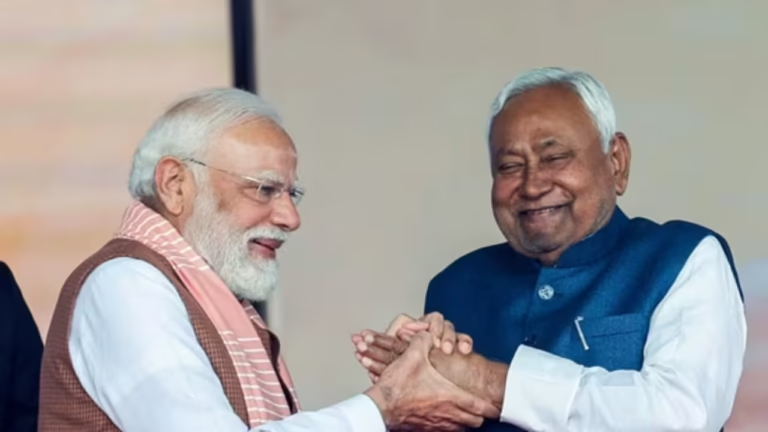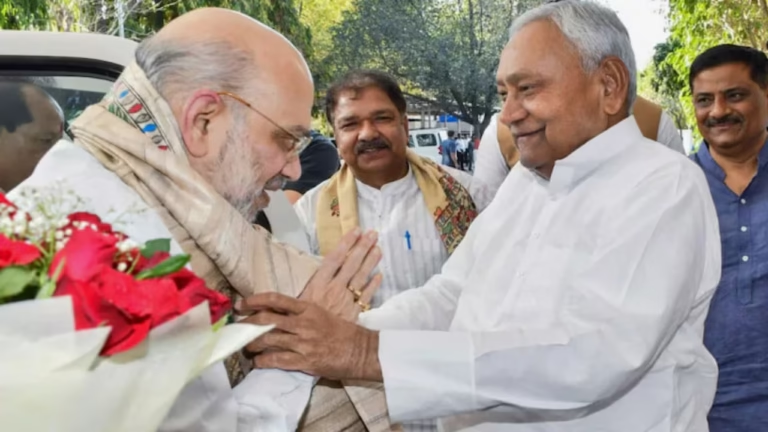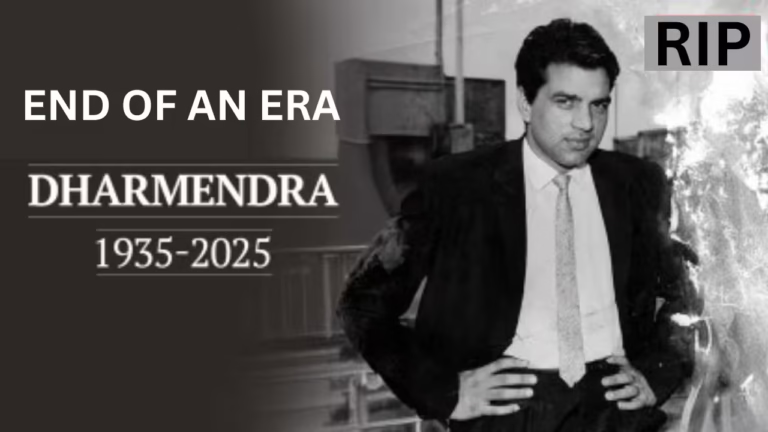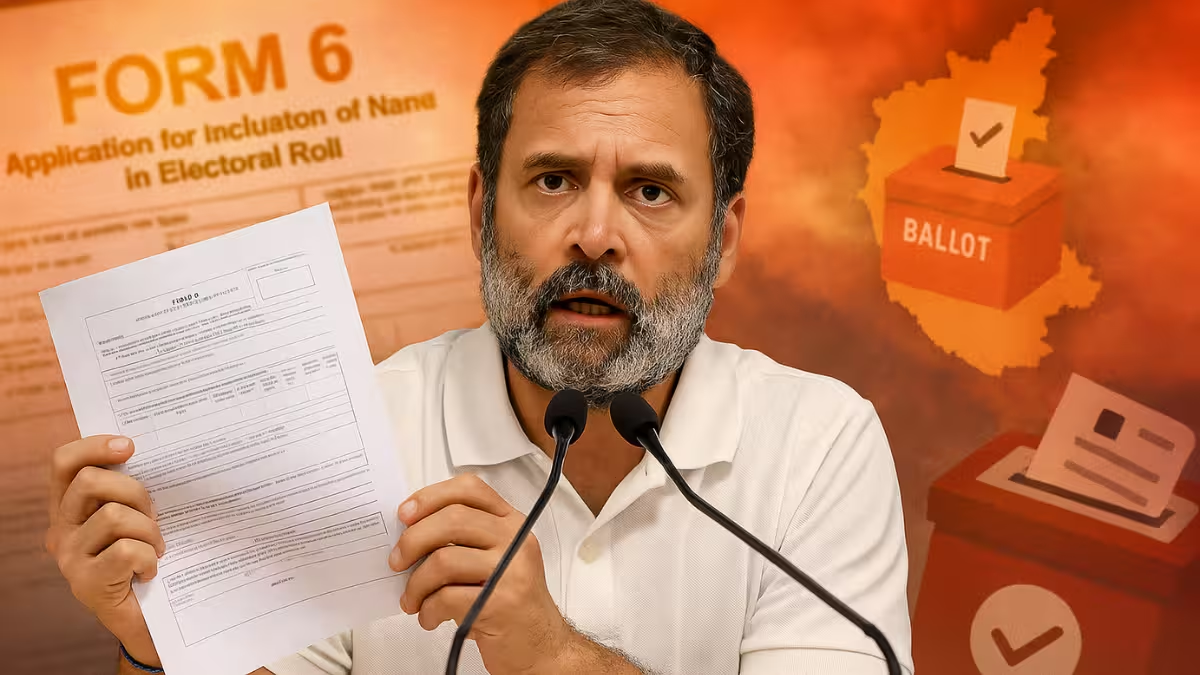
Rahul Gandhi presents Form 6 evidence during a press briefing, alleging large-scale “vote chori” in Karnataka’s Mahadevapura constituency.
Published on: August 12, 2025 at 18:14
India’s electoral integrity is under sharp public scrutiny after Rahul Gandhi accused the Election Commission of enabling large-scale “vote chori” (vote theft) in Karnataka’s Mahadevapura constituency. At the heart of his charge lies the alleged misuse of Form 6, the official form for adding new voters to the electoral roll. Gandhi claims that through this and other irregularities—fake addresses, duplicate entries, invalid photographs—over 1,00,250 votes were illegally registered, tilting the balance in favour of the BJP. The Election Commission has pushed back, demanding sworn proof or a public apology. Here’s a detailed look at the claim, the counter, and the larger democratic implications.
What Is Form 6 and How Does It Link to ‘Vote Chori’?

Form 6 is an official document under the Registration of Electors Rules, 1960, used for registering first-time voters or shifting a voter’s address to another constituency. Its correct use is vital for clean electoral rolls.
Rahul Gandhi alleges that in Mahadevapura, Form 6 was systematically misused to insert fraudulent voters into the list—people with duplicate IDs, fake residential details, and in some cases, bulk registrations at a single address. He presented data showing multiple entries with identical photos and addresses, claiming this was part of a larger plan to manipulate Lok Sabha results.
The Congress leader described this as not just a “mistake” but a deliberate operation, calling it “treason” against India’s democracy.
Official Website: CLICK HERE
Election Commission’s Response and Legal Demand
The Election Commission of India (ECI) and Karnataka’s Chief Electoral Officer quickly responded, calling the allegations misleading and unsubstantiated.
Citing Rule 20(3)(b) of the Registration of Electors Rules, the EC formally asked Gandhi to submit a signed declaration under oath, listing names, part numbers, and serial numbers of the alleged fraudulent entries. Without this, the EC said, his charges remained political rhetoric rather than evidence.
The Commission also warned that if proof was not provided, Gandhi should issue a public apology. This firm stance signals the EC’s intent to protect its credibility, especially ahead of upcoming elections.
Political Fallout and the Bigger Picture for Indian Democracy
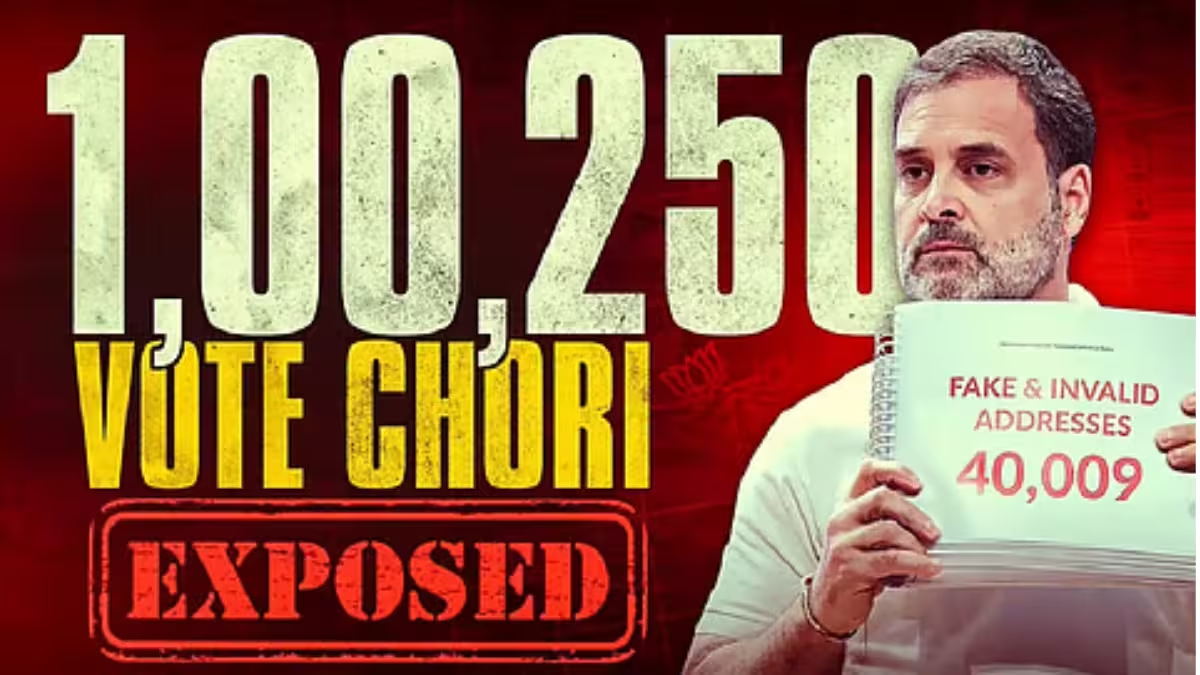
The controversy has sparked political tremors beyond Karnataka. Gandhi has extended his allegations to other states—Maharashtra, Madhya Pradesh, Uttarakhand, and Chhattisgarh—accusing the BJP and EC of orchestrating similar schemes nationwide.
In response, the Congress launched an online portal for citizens to report voter roll irregularities, framing the campaign as a fight for electoral justice. Meanwhile, the party disciplined internal dissent—removing a Karnataka minister who publicly doubted Gandhi’s claims.
If proven, these allegations could highlight dangerous gaps in India’s voter registration system. If disproven, they may damage the opposition’s credibility. Either way, the episode underscores the fragility of public trust in electoral institutions and the urgent need for transparency.
Also Read: Rahul Gandhi’s ‘Vote Chori’ Exposé: Over 100,000 Fake Votes, CCTV Destroyed & EC Under Scrutiny

